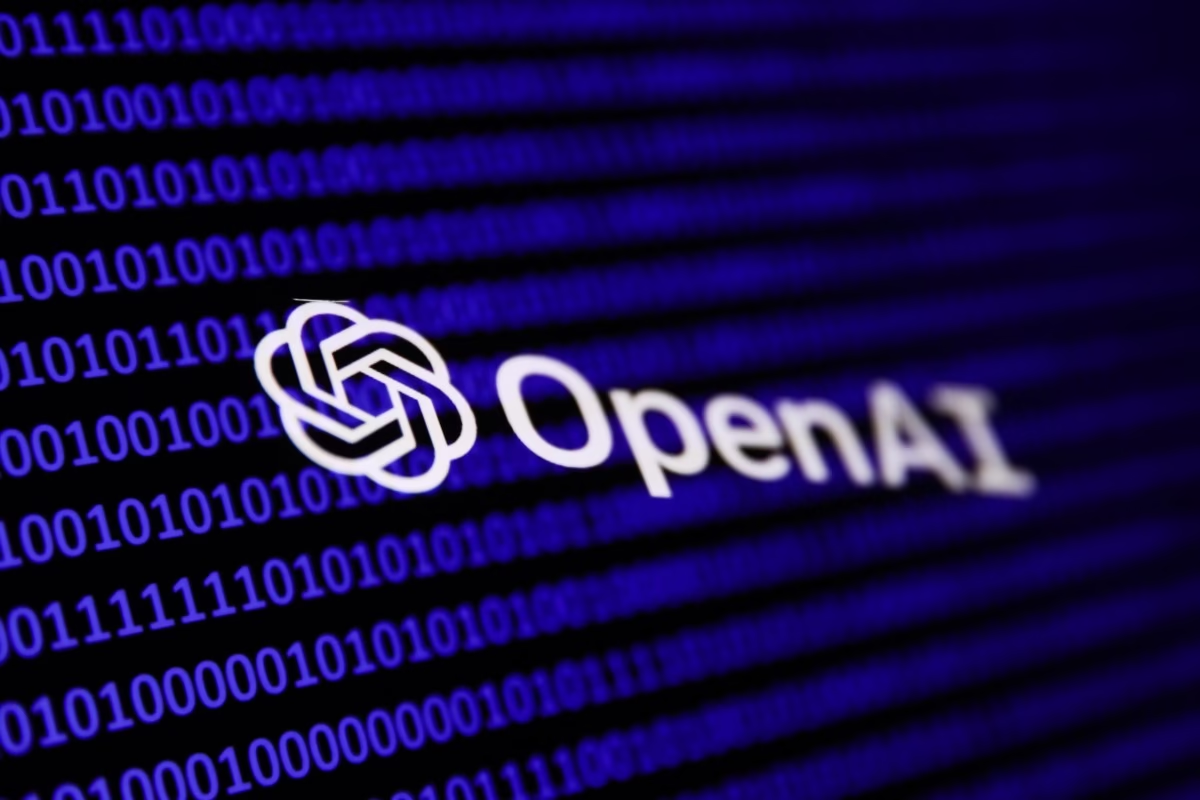Table of Contents
- Introduction
- The Core Issue: AI Training on Copyrighted Material
- Understanding AI Model Training
- The Findings of the AI Disclosures Project
- How the Study Was Conducted
- The Implications for AI and Copyright Law
- OpenAI’s Stance and Industry Trends
- The Bigger Picture: Ethical AI Development
- Conclusion
Introduction
The debate over AI training data ethics has gained significant traction as artificial intelligence continues to evolve. OpenAI, one of the leading AI research organizations, has often faced criticism for its data collection methods. A recent paper by the AI Disclosures Project suggests that OpenAI’s latest model, GPT-4o, was trained using non-public books without proper licensing agreements. This raises critical concerns about copyright law, data ethics, and the future of AI model development.

The Core Issue: AI Training on Copyrighted Material
AI models, including those developed by OpenAI, require vast amounts of data to function effectively. Traditionally, they have been trained on publicly available content, such as books, movies, and TV shows. However, as high-quality training data becomes scarce, companies are increasingly turning to alternative sources, sometimes pushing the boundaries of ethical and legal frameworks.
The AI Disclosures Project—a nonprofit organization co-founded by media mogul Tim O’Reilly and economist Ilan Strauss—has released a report alleging that OpenAI relied on paywalled books from O’Reilly Media without authorization. The findings suggest that GPT-4o demonstrates a stronger recognition of O’Reilly’s proprietary content compared to its predecessors, notably GPT-3.5 Turbo.
Understanding AI Model Training
AI models function as complex prediction engines. By analyzing massive datasets, they learn to generate human-like text, images, and other content based on patterns in the training material. The effectiveness of an AI model is largely dependent on the quality and diversity of its training data.
While synthetic data (AI-generated content used for further training) is emerging as a possible solution, it carries risks such as model degradation. This means companies still prioritize real-world data—often leading to ethical dilemmas when sourcing copyrighted materials.
The Findings of the AI Disclosures Project
According to the AI Disclosures Project’s report, GPT-4o demonstrated a remarkable ability to recognize excerpts from O’Reilly Media books. The report used a technique called DE-COP (Detecting Copyrighted Content in OpenAI Products), which assesses whether an AI model has prior exposure to specific text samples. The results indicated that GPT-4o had a significantly higher probability of recognizing paywalled content compared to GPT-3.5 Turbo.
The study suggests that OpenAI’s newer models might have been trained on non-public sources without proper licensing agreements. While this does not serve as undeniable proof, it strengthens concerns that AI companies may be using copyrighted materials without permission.
How the Study Was Conducted
The research team, including Tim O’Reilly, Ilan Strauss, and AI researcher Sruly Rosenblat, examined GPT-4o’s knowledge of O’Reilly Media books published before and after OpenAI’s training cutoff dates.
Using 13,962 paragraph excerpts from 34 different O’Reilly books, they tested whether GPT-4o and other OpenAI models could accurately distinguish human-written excerpts from AI-generated paraphrases. The study found that GPT-4o “recognized” a significantly higher number of copyrighted passages, suggesting potential prior exposure during training.
The Implications for AI and Copyright Law
The findings present a legal and ethical challenge for AI developers. Copyright law generally protects original works from unauthorized use, including data scraping for training AI models. If OpenAI did, in fact, incorporate copyrighted books without permission, it could face legal consequences similar to ongoing lawsuits against other AI companies.
This also raises questions about how AI-generated content should be regulated. Should companies be allowed to use paywalled books, articles, and proprietary content without licensing agreements? If so, what legal framework should be established to compensate original authors and publishers?
OpenAI’s Stance and Industry Trends
OpenAI has historically advocated for looser restrictions on AI training data, arguing that broader access to information fosters innovation. The company has also pursued licensing agreements with select publishers and media organizations to acquire high-quality training data legally.
It’s important to note that OpenAI offers an opt-out mechanism for content creators who wish to prevent their work from being used for training. However, critics argue that the system is imperfect and difficult for most copyright holders to navigate effectively.
The broader AI industry is also witnessing a trend where companies recruit domain experts—such as journalists and scientists—to fine-tune their models. This practice, while ethical, highlights the industry’s struggle to obtain high-quality training data while avoiding legal challenges.
The Bigger Picture: Ethical AI Development
The AI industry is at a crossroads. As technology advances, so do concerns about data privacy, intellectual property rights, and ethical AI usage. Companies like OpenAI must balance the need for superior training data with respecting copyright laws and maintaining transparency in their data-sourcing practices.
Conclusion
The AI Disclosures Project’s report brings to light significant concerns about OpenAI’s training practices. While it does not provide conclusive proof of copyright infringement, it raises critical ethical and legal questions. As AI technology continues to evolve, industry leaders must work toward greater transparency, fair use policies, and ethical sourcing of training data.
For businesses and entrepreneurs navigating the AI landscape, platforms like Trenzest.com offer a hub of resources on ethical AI adoption and digital transformation strategies. As AI reshapes industries, staying informed and compliant will be key to long-term success.




